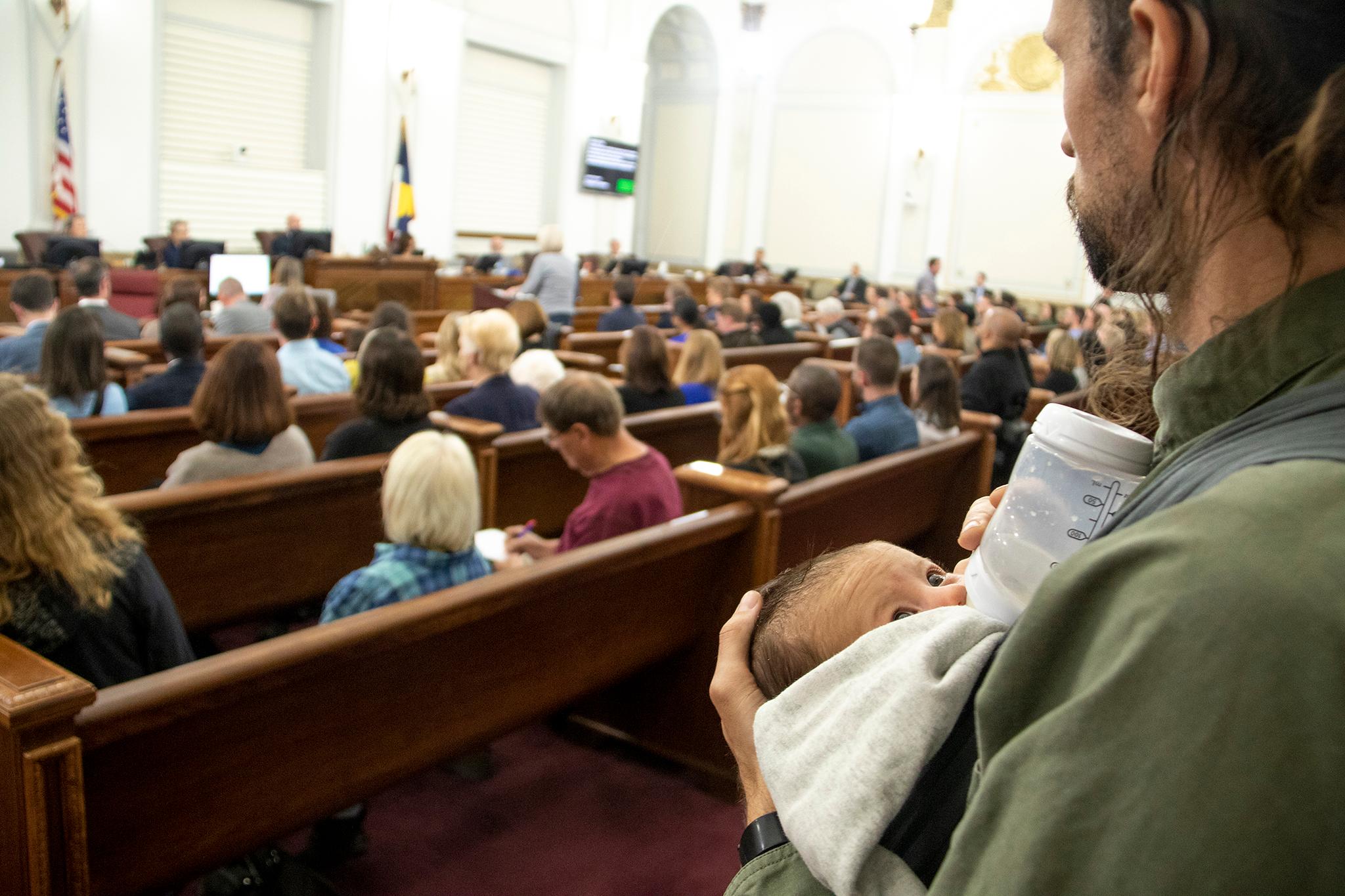Large is half what it used to be in Denver.
City Council on Monday voted 13-0 to change the zoning code, instituting regimes for reviewing large developments and creating infrastructure master plans for projects that are big or complex or both. They replace the General Development Plan process in use since the 1990s that required, for example, that 10 percent of the site be open space in development projects that covered 10 acres or more. Now, the minimum 10 percent open space requirement kicks in at five acres.
It's not just open space. All the standards and requirements under the new Large Development Review and Infrastructure Master Plan processes cover projects of at least five acres or three blocks.
Planners say the old process tended to be led by developers, often left communities feeling confused and ignored, and didn't ensure coordination among such city agencies as those overseeing housing, economic developments, parks, public works and planning. The change is supposed to fix all that.
Under the new process as under the old, public participation is necessary. Now City Council must adopt a preliminary plan for a large development, informed by community meetings, before work is finalized on, for example, rezoning. Issues such as the impact on new transit infrastructure or parks must be considered early.
General development plans "didn't always happen before zoning," Councilwoman Mary Beth Susman said during the discussion before the vote.
"This is a major change," she added, saying communities would now have a better chance to understand the ramifications of a rezoning.
Joel Noble, chairman of the city's Planning Board, urged City Council Monday to adopt what he called a "minimal, sane, inclusive approach." David Smith, who has worked in development, also spoke in support of the proposed change.
"It's well thought-out. It's well-defined," Smith said.
A lawyer who represents property owners on land use and zoning issues, Jessica Alizadeh, was generally supportive but raised technical issues she urged council to address.
Councilwoman Robin Kniech, noting the impact large developments can have on communities, said the change would allow for more coordination on issues such as equity and avoiding displacement.
InterNeighborhood Cooperation, the coalition of representatives from Denver's registered neighborhood organizations known as INC, saw in the change a laudable effort "to ensure more robust planning prior to large developments moving forward."
But INC added in letters to City Council that it was concerned neighborhood priorities would not weigh as heavily in the process as broader plans. INC objected in April when the council adopted Blueprint Denver, which sets out such city-wide goals as more density, transit-oriented development and affordable housing.
INC says Blueprint Denver contains "hundreds of goals, policies and strategies, but ... no details at the neighborhood level regarding future development."
INC also is concerned developers still lead the process and that the changes do not create predictability for property owners or communities. Its other criticisms include concern that the new process does not do enough to ensure the right zoning is in place before infrastructure is planned, and that the city might end up scrimping on open space.
The change to how big projects are planned has been in the works for several years. In late 2014 and early 2015, a working group that included developers, designers, city staffers and community members held a series of meetings on large development planning. Discussions drew in INC and others. A draft was released in February and the Planning Board approved the proposed changes in May.













